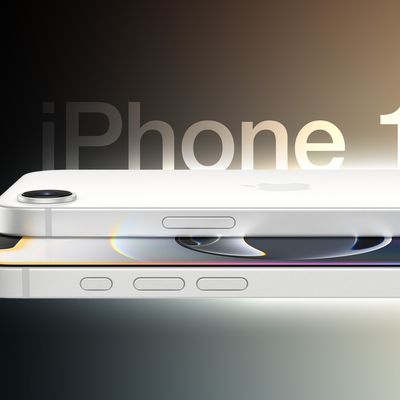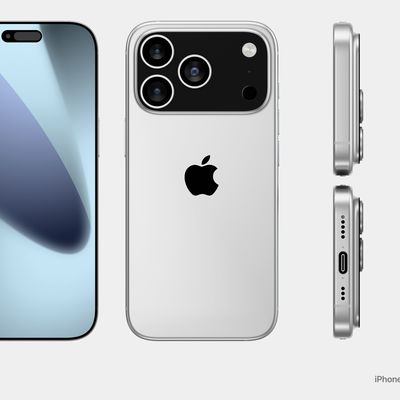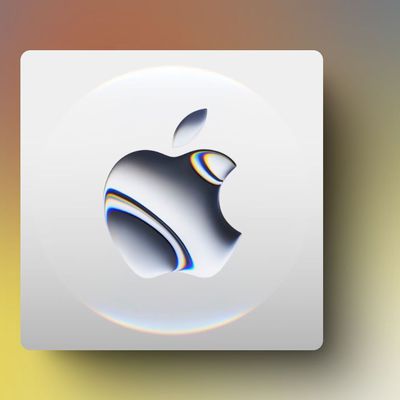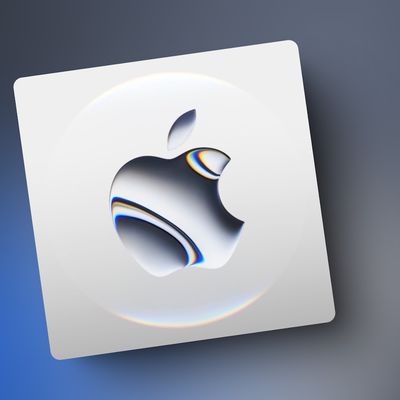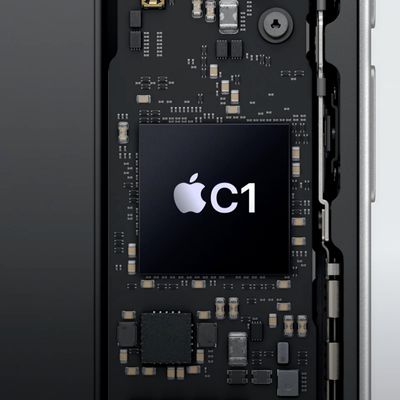A pair of reports today from Scott Moritz of TheStreet share claims from Northeast Securities analyst Ashok Kumar that Qualcomm has struck a deal with Apple to provide a 3G EV-DO chip for a CDMA-based iPhone scheduled for launch later this year and that Apple has also officially decided against utilizing Intel's Atom platform in its forthcoming tablet device.
In the first report, Kumar claims that Apple had been hoping to land a multi-mode chip such as that being developed by Qualcomm to enable the company to continue offering a single type of iPhone, but that Qualcomm and other vendors have been unable to produce the necessary chips to meet Apple's timeline.
Consequently, Apple has reportedly selected a traditional EV-DO chip from Qualcomm for a new iPhone capable of running on Verizon's network. According to the report, AT&T's exclusivity agreement with Apple for the iPhone in the U.S. expires in June of this year, opening the door for a Verizon iPhone.
Initially, Apple sought a chip that would allow it to sell a world phone, one that was compatible with the two leading wireless technologies -- GSM and CDMA.
But Qualcomm and others failed to deliver. Instead, Apple elected to go with Qualcomm in its Verizon iPhone, which is expected to arrive soon after AT&T's exclusive contract with Apple expires in June.
A vague comment from Qualcomm CEO Paul Jacobs in mid-November had indicated that the company was in discussions to bring its chips to the iPhone.
In the other report from Moritz, Kumar claims that Apple has chosen not to tap Intel for its Atom platform for use in the company's tablet device expected to be introduced later this month. According to another analyst, Apple has selected a chip from P.A. Semi, which it acquired in early 2008, to power its tablet. The decision means that Apple will spurn Intel's popular Atom platform used in the vast majority of netbooks with which the tablet may be expected to compete.
There has been speculation that Intel's new generation of Atom chips was in the running for the slot, but Apple ultimately chose a processor developed by P A Semi, a chip shop Apple acquired two years ago, according to another analyst familiar with the so-called build plan.
The news should not come as a surprise to many, as numerous reports have pointed to Apple's grooming of P.A. Semi's ARM-based processor designs for use in its tablet project, and even in the iPhone.
Moritz has had a mixed track record in the past, with his correct claim of iPhone 3G subsidies coming in contrast to an incorrect claim of an early 2008 launch of the iPhone 3G, an erroneous report of iPhone production drops, and a claim of a Verizon-subsidized tablet release by the end of 2009.


